At Traces of Akoya, we don’t advocate for convenience culture—especially not when it comes at the cost of ecological degradation & cultural infringement. Every botanical we source, every drop of essential oil we offer, carries a story that is seeking to be told.
We are actively tuned in to global economics, consumer demands, industry statistics, and lab results but we are especially listening to our purpose, planet, people, and each person that chooses to discover what we offer here.
Every drop has a lineage. Every scent has a soul
We Ask the Questions Most Don’t
Our sourcing practices are built around intentional inquiry; to honor the practice, we must first understand it:
1. What is the relationship that local inhabitants have with the land?
We begin by understanding the bond between people and place. Are they generational stewards of the forest, or have they been displaced into agricultural labor to meet global demand?
How did they come to participate in the botanical economy—and was it by choice or necessity?
We listen for their insights:
-
What do they believe is needed to sustain this plant’s presence in the ecosystem?
-
Do they still see themselves as caretakers—or have they become extractors for survival
Honoring a botanical means honoring the communities who’ve kept its spirit alive. We are constantly seeking out conversations that get us as close as possible to the hands that work with a given land or botanical. We aim to amplify the voices of ethical distributors, lay experts, community-insiders, field fluents, and grassroots scholars- we often refer to this collective of deeply contextual or lived knowing as Traditional Knowledge Holders.

^^^Himba Woman - Namibia harvesting Omumbiri Resin. Through sustainable harvesting, they collect and sell the resin, contributing to communal wealth-sharing systems that support their semi-nomadic way of life. (photo source: spirit of namibia)
2. Who distilled it—and who benefits the most from its extraction?
Every drop of essential oil begins with a deep knowledge of the plant, consideration of seasonal shifts and the objective to sell it to a sought after market. In order to sift through the companies that are far removed from the production process but far too close to the profit.
We ask our suppliers:
-
Is it possible to get a name(s) of the person who distilled this essential oil?
-
What percentage of this purchase accounts for the production of this essential oil?
-
What procedures, policies, and/or protections are in place to safeguard the people & land that make this essential oil available?
-
To what extent have collaborative efforts been made to create and maintain educational resources for artisanal community development?
-
What collective approaches are emerging to increase equity and margins in the supply chain?
To honor essence is to honor the process—the people behind it—and the planet that provides.

^^^ Traditional Indian Distillation Technique known as the “deg bhapka” method. often involves a method using copper pots (degs) and a copper receiver (bhapka). (photo source: nisargra farms)
3. What made this botanical valuable?
Was its worth determined by market trends—or does it hold sacred value that long predates the modern wellness niche? We explore the dynamics of medicinal value, historical context, and cultural popularization through inquiring:
-
What medicinal, spiritual, or cultural roles has this plant held?
-
Where was it first documented—and by whom?
-
Has knowledge around this botanical been suppressed, romanticized, or misrepresented?
-
Which industries are driving demand—and in what ways are they leveraging their market share?
-
Is it’s therapeutic use validated by science, or solely by tradition—and must the two always be separate?
-
Is the botanical endangered, vulnerable, or thriving?
Value is measured in legacy, not leverage. We must seek to understand the narratives that shape the scent stories and how the impact of plants has and will always define our humanity generation after generation.

^^^ Vanilla is one of the most labor-intensive crops to produce, requiring a unique process called manual pollination. This crucial step, often performed by hand in regions like Madagascar, determines the quality and yield of vanilla beans (photo source: Levanillier)
This Is Not Just Product—It’s Purpose.
Essential oils aren’t lifestyle accessories or materials that should be used in excess. They are concentrated life force. The are highly advanced medicinals that have been crafted by nature over time immemorial. Essential Oils are designed to be used synergistically, for wholistic care of the mind, body, and spirit. Essential Oils lie at the foundation of the western pharmaceutical philosophy and are the source of healing when it comes to the most time tested medicinal practice which is herbalism.
When we overlook their origins, we reinforce extractive cycles and hyper-consumption that harm ecosystems & cultural significance.
Now that you have discovered Traces of Akoya you too can honor traditions, cite your sources, and invest in sustainable supply chains.
Sourcing is not just about supply chains. It’s about responsibility, reciprocity and resourcefulness.
Why It Matters
Our process is a form of resistance to greenwashing and shallow wellness culture. We do this work to:
-
Inform the collective about global environmental and ethical realities
-
Safeguard indigenous intellectual property and wisdom
-
Foster conscious consumer practices rooted in compassion and care
We don’t diffuse essential oils just for the vibe.
We distill for discerning moments—the kind that awaken us.
Because these botanicals are sacred.
They are finite, potent, and sacred.
They deserve to be acknowledged for the centuries of relationship-building that brought them into our hands.
Let Each Drop Be a Turning Point
When you hold one of our oils, you’re holding:
-
A lineage
-
A ritual
-
A relationship
-
A responsibility
Let it be more than a scent.
Let it be a stand.
Want to experience our sourcing in action?
[Explore our Meditative Essential Oil Collection →]

